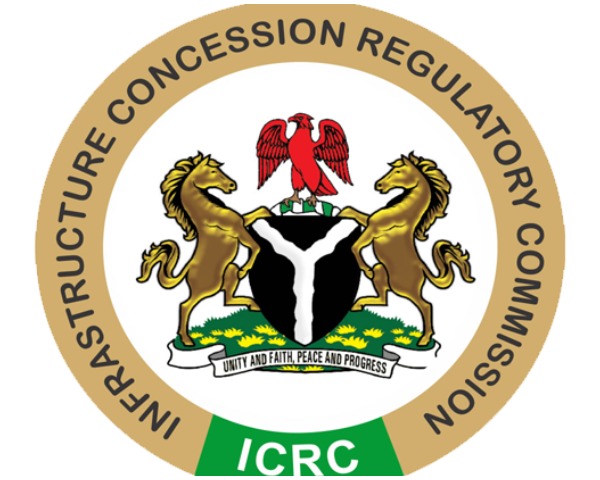The Infrastructure Concession Regulatory Commission has granted compliance certificates to 107 Public-Private Partnership projects in the country since the inception of the commission in 2008.
The Director-General, ICRC, Chidi Izuwah, said this on Friday in Abuja during a press briefing on the forthcoming conference on strengthening women’s involvement in the PPP projects.
Giving a breakdown of the figure, he said 76 Outline Business Case compliance certificates and 31 Full Business Case compliance certificates were issued during the 11-year period.
He said the latest of the certificates was the OBC compliance certificate granted for the upgrade of 22 teaching hospitals and the FBC compliance certificate for the Automated Ticketing System for the Nigerian Railway Corporation.
When asked when the upgrade of the 22 teaching hospitals would commence, he said this would depend on the Federal Executive Council’s final approval.
Izuwah dismissed claims in some quarters that the upgrade of the teaching hospitals would lead to job losses, adding that the move was necessary to enable the country to reduce the over $10bn spent annually on medical tourism.
He said the agency would engage the Nigeria Labour Congress and other stakeholders in the health sector on the benefits of the upgrade to the hospitals, many of which were in deplorable conditions.
He said the ICRC would continue to regulate the PPP projects of the Federal Government in a manner that would help to address physical infrastructure deficit hampering economic development.
Izuwah also said the conference expected to hold next week was part of strategies designed to consider ways of adopting best practices in achieving the integration of gender at all levels of the PPP delivery lifecycle in Nigeria.

He explained that the expected outcome of the conference would lead to the development of detailed guidelines and processes that would identify gender-related issues.
He added that the outcome of the conference would assist in implementing responses to gender-related issues from early stages of project formulation.
Izuwah said, “We want to deliver gender responsive PPPs that will integrate the Sustainable Development Goals. This means that as we plan and manage our PPP infrastructure, we will incorporate key women considerations in the lifecycle that will eliminate the present gender disparities in our PPP processes for positive impact on women.”




